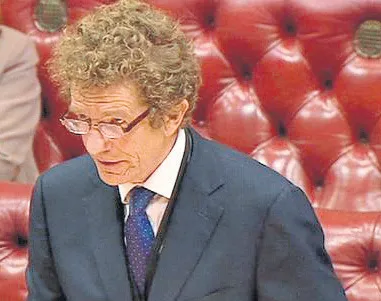Lord Falconer’s Assisted Dying Bill received its Second Reading in the House of Lords on July 18, after which it passed to committee stage for further scrutiny.
A record number of 122 peers spoke in the debate, which lasted for nearly ten hours. Opening the debate, Lord Falconer of Thoroton asserted that opponents of the Bill were wrong and argued that the Oregon model has shown that the number of people who will choose to have an assisted suicide will be small, there will not be pressure placed on the disabled to end their lives, nor will they be made to feel a burden, because the Bill is restricted to those who are terminally ill, and the current law should not ‘just be allowed to continue’, on the grounds that it is inequitable, as only the rich can travel to Switzerland to have an assisted suicide.
A number of powerful points, including the inadequacy of the Bill’s proposed safeguards and the risk of the legalisation of assisted suicide leading to a ‘slippery slope’, were raised against the proposed change in the law during the debate. In his concluding remarks, Justice Minister Lord Faulks reiterated that the suggested change is a matter to be decided by Parliament rather than government policy.


